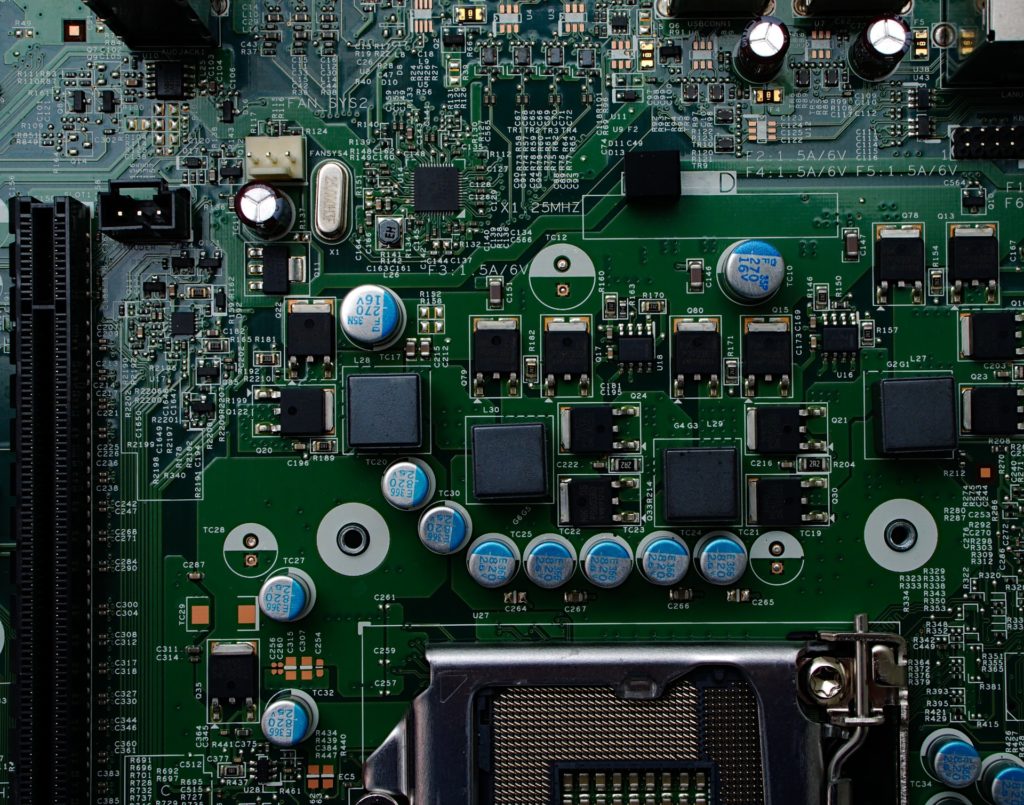The United Nations on Wednesday called for a moratorium on certain artificial intelligence systems, including facial recognition, while safeguards are put in place to protect human rights.
“Artificial intelligence technologies can have negative, even catastrophic effects if they are used without sufficient consideration of how they affect human rights,” said Michelle Bachelet, the UN High Commissioner for Human Rights.
Bachelet called for a risk assessment of the different systems that rely on artificial intelligence, hoping to determine potential conflicts with the right to privacy or freedom of movement and expression.
But until these assessments can be carried out, “states should impose a moratorium on technologies that potentially present a great risk,” said the former Chilean President during the presentation of a new report on this subject.
The report, which was commissioned by the Human Rights Council (the UN's highest body in this area), examined the way these technologies have often been introduced without proper assessment of how they work or their impact.
Research has shown that AI malfunctions have prevented people from receiving welfare benefits, finding employment or led to arrests of innocent people on the basis of poorly trained facial recognition systems that are often unable to correctly recognise people with African features.
“The risk of discrimination from decisions based on artificial intelligence - decisions that can change, stigmatise or harm a human life - is all too real,” Bachelet said.
The report pointed out that these artificial intelligences are trained with the help of huge databases, which are often built in an opaque way.
The databases themselves can be poorly designed or outdated, therefore contributing to human rights violations.
“We cannot afford to continue to try to catch up with the AI bandwagon and allow it to be used with little or no control, then repair the human rights consequences after the fact,” the High Commissioner said, while adding that she recognises that “the power of AI to serve people is undeniable.”
“But so is the ability of AI to fuel human rights abuses on a massive scale and almost invisibly,” Bachelet warned.
The Brussels Times

